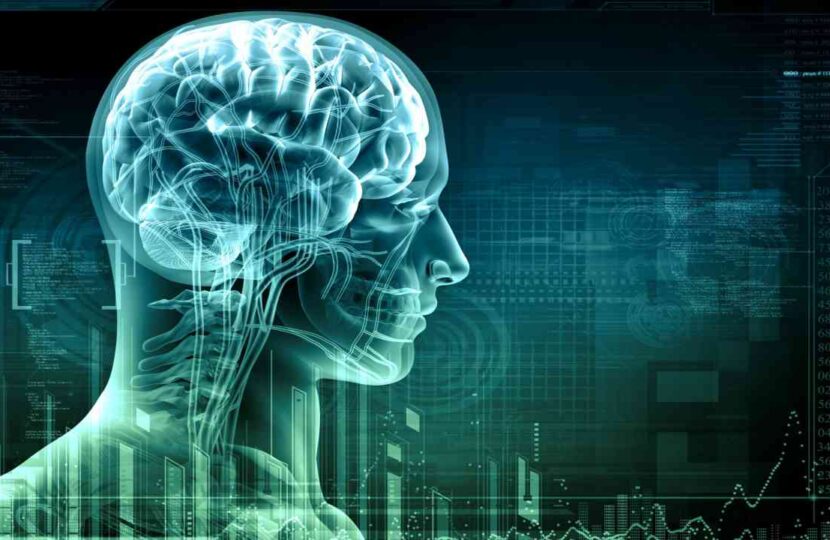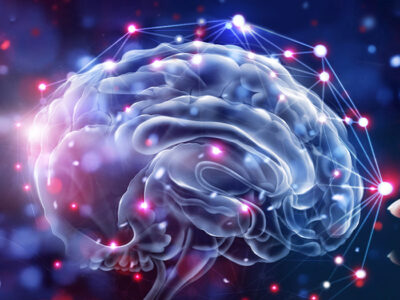Stress and mental health
In our fast-paced modern world, stress has become a common and overwhelming experience for many of us. The relentless rush of daily life, demanding schedules, and numerous responsibilities are significantly affecting our overall mental and physical health and well-being.
The pressure to meet deadline, achieve targets and goals, and maintain a work-life balance is leading to stress, which is causing various health issues.
Understanding Stress
Stress is a natural response that our body and mind experience when we face challenges or demands in real-life-time situations. Stress is a physiological and psychological reaction to external-environmental pressures or internal thoughts and emotions that disturb our equilibrium and mental peace.
When we encounter stress, our body release stress hormones, such as cortisol and adrenaline and trigger a series of physiological and psychological changes in the Body, Brain and Mind.
Physiological Effects of Stress -: tress can manifest itself in various ways, impact on both our physical and mental health. Physiologically, stress can cause increased heart rate, elevated blood pressure, rapid breathing, and heightened muscle tension. These changes are part of the body’s natural fight-or-flight response; prepare us to handle perceived threats or challenges.
Psychological Effects of Stress -: psychologically It can lead to experiencing anxiety, irritability, difficulty in concentration, and mood swings. Prolonged exposure to stress can lead to chronic stress, which may contribute to the development of mental health conditions such as anxiety disorders and depression.
Acute Stress Reaction: (ICD-F-43.0)
An acute stress reaction refers to an immediate and intense response to a specific stressful event. This reaction occurs shortly after being exposed to a distressing incident and typically lasts for a short duration. Acute stress reactions can emerge from various traumatic experiences, such as accidents, natural disasters, or sudden losses.
Symptoms of Acute Stress Reaction:
Typically, symptoms of acute stress reactions develop quickly, within minutes or hours, as a direct reaction to the stressful event. These symptoms may vary among individuals but commonly include the following:
- Emotional Symptoms -: Such as Shock or disbelief, Anxiety or fear, Helplessness or vulnerability, Anger or irritability, Guilt or self-blame and Mood swings.
- Cognitive Symptoms -: Confusion or difficulty focusing, Intrusive thoughts or flashbacks of the traumatic event, Disorientation or memory issues, Racing thoughts or excessive worries.
- Physical Symptoms -: Rapid heartbeat or palpitations, Shortness of breath or hyperventilation, Sweating or cold/clammy hands, Nausea or gastrointestinal distress, Headaches or migraines, Muscle tension or aches.
- Other Symptoms -: Restlessness or hyperactivity, Sleep disturbances, such as insomnia or nightmares, Social withdrawal or avoidance, Increased startle response, Impaired decision-making or impulsivity
An acute stress reaction usually get resolve in few hours or within 2 to 3 days.
When it became a problem?
When symptoms of an acute stress reaction persist for more than three days but less than a month, it is referred to as Acute Stress Disorder (ASD).
While ASD is not universally recognized as a medical condition, it is important to understand that everyone experiences and copes with stress differently based on their unique circumstances, and personal skills. If you find that you are struggling or experiencing difficulty in functioning due to these symptoms, it may be beneficial to seek support or guidance from a mental health professional to determine the best course of action for your well-being.
Stress is a natural response to the challenges and demands we face in our daily lives. It affects us both physically and emotionally, and when the stress is intense and immediate, it can lead to an acute stress reaction. Recognizing the symptoms of acute stress reactions is essential for understanding and managing our well-being effectively. If you or someone you know experiences these symptoms, it is important to seek support from healthcare professionals or mental health experts. Remember, taking care of our mental and physical health is crucial in maintaining a balanced and fulfilling life in today’s fast-paced world.
For more personalized need based guidance and treatment, talk to your mental health professionals. Consult to a psychologist or psychiatrist.
Your life is precious, take care of yourself and family. You are not alone. We are standing by you.
Life is beautiful.
Live it fully. Say yes to life. Welcome to life.
Live Again Mental Wellness
We are providing free mental health care checkups for everyone. You can suggest someone if they are in need of mental health care assistance and psychological support.



